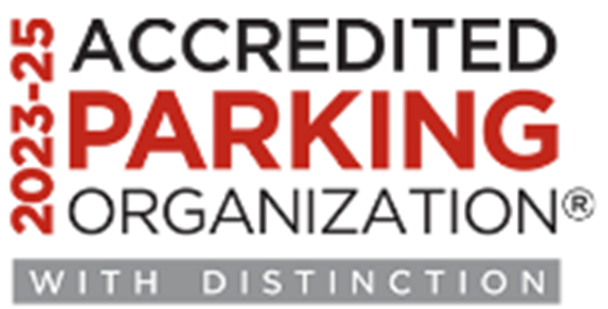Top Health Industry Issues of 2018
PwC’s healthcare industry analysis identifies pharmacy benefit managers and wholesalers as subjects of intense scrutiny in the eyes of healthcare leaders, placing pressure on them to prove their place in the healthcare supply chain. The Top Health Industry Issues of 2018 report attributes the heightened criticism to amplified public and political discourse on healthcare spending, evident on both sides of the U.S.–Canadian border.
But by this logic, shouldn’t all healthcare product and service suppliers — or “healthcare middlemen,” as coined in the report — be facing a similar critique?
Patient Experience and the Middlemen
Patient experience (PX) has climbed the ranks to become 2018’s top differentiator in the highly competitive healthcare marketplace, with 82 percent of healthcare providers identifying PX improvements as their organization’s top priority for the next three years.
While in-house operations are an obvious starting point for PX improvements, its industry-wide prioritization makes it crucial to turn your attention to outsourced service providers and assess whether they’re complementing and contributing to your PX. And as your first point of patient care, your parking and transportation provider’s performance should be first on the list for review.

In the spirit of PwC’s report, here are the vital questions to ask when evaluating your healthcare facility’s parking middlemen.
1. Does your parking management diversify how you provide value to your patients and visitors?
A patient-centered parking and transportation company is more than just an intermediary servicing a contract function. They should be responsible for a proportionate amount of the value chain, and be actively seeking ways to broaden their contribution to the continuum of actions and services that makes up the patient experience.
2. Does your parking management company hold themselves accountable for patient satisfaction within the entry/exit experience?
The very least your parking and transportation company should be doing is taking responsibility for your patients’ satisfaction with the entry/exit experience. There are myriad ways to do this, including collecting PX data at multiple touchpoints, setting satisfaction benchmarks and KPIs, and adding value to each patient and visitor’s journey on an individual, personalized basis.
3. Does your parking management company identify and address entry/exit service gaps and/or weaknesses?
Your parking and transportation company should have a deep understanding of the unique challenges present in the healthcare environment and the experience necessary to effectively address them. They should be actively seeking opportunities to make positive contributions to the patient journey by identifying service gaps/weaknesses and creating ancillary service packages that diversify their worth to your business.
Impark HEALTH, for example, cross-trains employees to fulfill a variety of roles that support the entry/exit experience, including valet attendants, wayfinding ambassadors, and patient attendants, in order to bolster patient satisfaction, enhance our operational efficiency, and provide our healthcare clients with additional value.
4. Are you satisfied when you revisit your parking management contract?
Healthcare facility managers — and even PX executives and directors — should regularly re-evaluate their parking and transportation provider’s existing contract. Consistent reviews not only help ensure your parking provider is still fulfilling your needs and expectations, but also that their service delivery aligns with and supports your PX goal. Consider whether you are receiving enough transparency in your business relationship, and critically establish if your parking provider’s place in your value chain is based on outcomes — which drive higher patient satisfaction levels — or price.
Once you’ve assessed the paperwork, observe its application. Does your parking operator stick rigidly to the four corners of their contract, or do they take a holistic approach to your entry/exit experience, look for opportunities to create value, and proactively adapt their service offering to meet your evolving needs?
Impark HEALTH
If any one of these questions has left you feeling disappointed with your healthcare parking management model, Impark HEALTH can help.
Impark HEALTH’s mission is to use our industry-leading operating best practices to improve the North American patient experience from the very first point of patient care — the parking lot.
From small rural hospitals to metropolitan healthcare giants, we’re dedicated to helping healthcare providers of all shapes and sizes on both a consultative and turnkey management basis. Contact an Impark HEALTH specialist today to see how we can help you.
Authored by Rick Wilson, Vice President at Impark.


